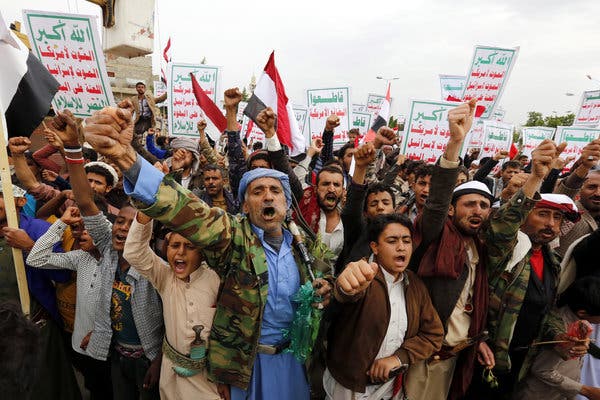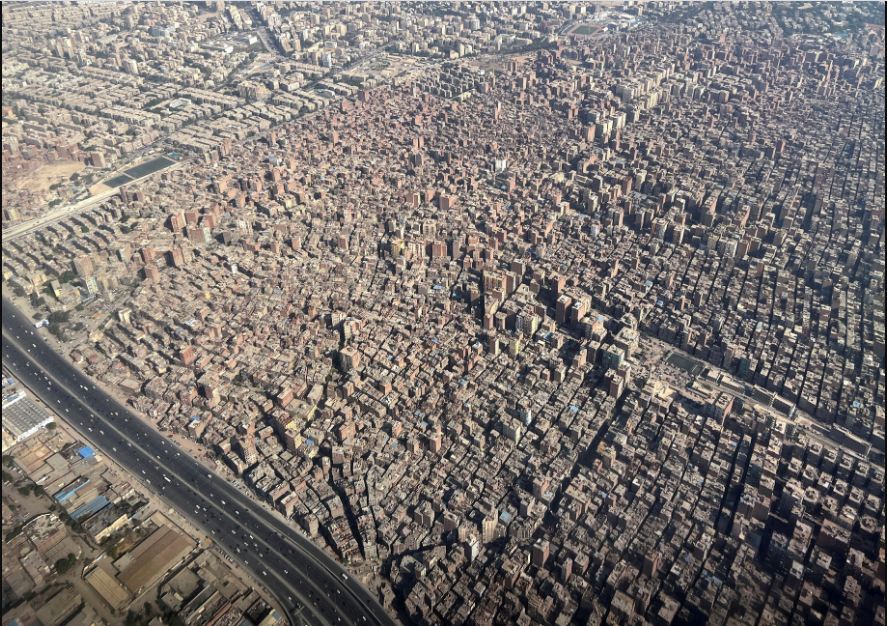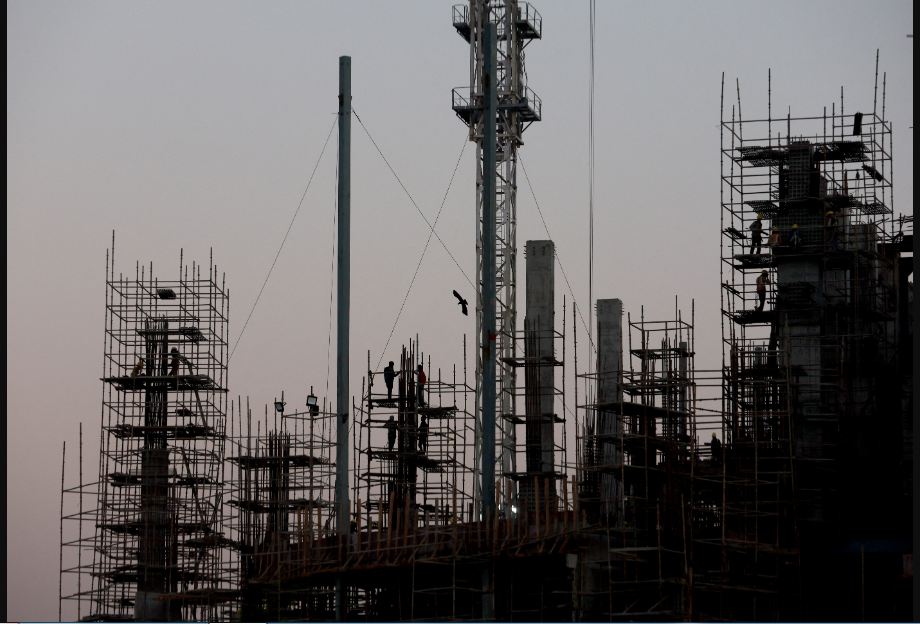Human Rights Watch says aid interference in Yemen must stop
Dubai (Reuters) – Interference in aid operations by parties to Yemen’s conflict must stop as it is deterring donors and putting at risk millions of people who are dependent on assistance, Human Rights Watch (HRW) said on Monday.
Across Yemen, the health, sanitation and nutrition services that keep millions from starvation and disease are gradually being shut amid an acute funding shortage. Donor concerns about aid obstruction and interference are part of the reason why funding is so low.
Donors in June pledged only $1.35 billion of the $2.41 billion needed for essential humanitarian activities for the rest of 2020, the U.N. has said.
Among factors hindering their work were regulations, approval delays, violence against staff, and interference in needs assessments, monitoring and recipient lists, aid workers across Yemen told HRW.
Yemen has been described by the U.N. as experiencing the world’s largest humanitarian crisis. Eighty percent of the population relies on assistance and, even before novel coronavirus, the healthcare system had collapsed.
Yemen has been mired in conflict since a Saudi-led coalition intervened in March 2015 to restore the elected government ousted from power in the capital Sanaa by Iran-aligned Houthi forces in 2014.
HRW identified systematic interference in relief operations by the Houthi militias.
Houthi militias told HRW that allegations of aid interference were “baseless”.
International humanitarian law requires parties to a conflict to allow and facilitate rapid and unimpeded impartial aid to civilians in need, HRW said.
Recent months saw some improvement between humanitarian organisations and Houthi militias, including granting permissions and dropping an aid tax. But aid workers told HRW they worry new restrictions could appear.
“Millions have been suffering in Yemen because the Houthis have denied the U.N. and other aid agencies unhindered access to people in need,” report author Gerry Simpson said.



